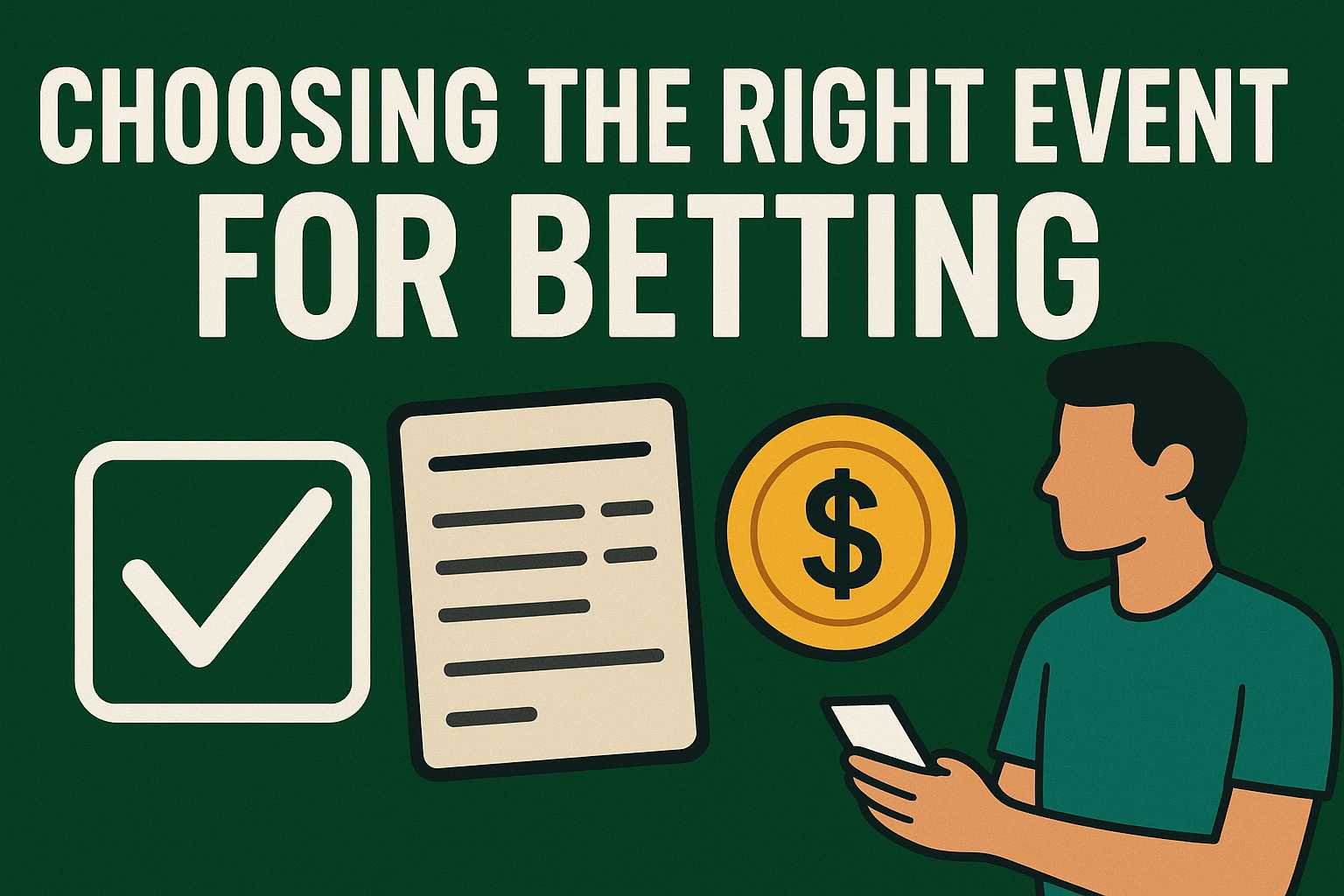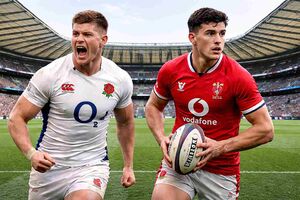
2026 Winter Olympics Figure Skating Odds & Predictions
By Serge Gorelikov | Published: November 4, 2025
Choosing the right event is a fundamental stage in betting that directly determines the long-term success of any player. It's a mistake to think that your profit depends on analysing a specific match only. True skill lies in the ability to select events correctly from the vast number of available options. The power to filter bookmaker lines and identify matches where the odds have a positive expected value is the most important skill of a professional bettor. Personally, I select events a week in advance and then make additional choices on matchday depending on circumstances.

First and foremost, it's very important to understand that not every event deserves your bet. Beginners often make the mistake of placing too many wagers, "betting on everything", or picking popular matches just for fun. Professionals, on the other hand, are selective - they only place bets when confident they have an edge over the bookmaker. This requires deep analysis of the factors influencing the outcome and the ability to ignore situations with insufficient information.
Always start with objective data. Here's what you need to evaluate:
It's important not just to look at the numbers, but to understand why they look that way. For example, a team may have a winning streak, but their opponents could have been much weaker. For instance, take the West Ham vs Newcastle match on Sunday. Many people bet on Newcastle and lost because they failed to consider all the factors above.
Context is something casual bettors often overlook. It includes:
A strong attacking team can struggle against a well-organised defensive side, which changes the probability assessment.
The bookmaker's line is created using mathematical models and then adjusted based on the actions of the bettors. If the odds shift sharply for no obvious reason, it's a clear signal - either the market is reacting to insider information or to a collective mistake.
Professionals track odds movements, compare lines across different bookies, and look for value bets - events where their estimated probability differs from the bookmaker's, giving the bet an edge.
One of the biggest psychological mistakes is betting on your favourite team - or against a team you dislike. Analysis should always be cold and objective. If emotions interfere, exclude that event.
The same goes for hype: high-profile matches are often overvalued by bookmakers because they attract massive public betting. Sometimes it's more profitable to focus on smaller leagues and tournaments where the market is less efficient.
Even the best event selection is useless without discipline. Every bet should:
Always remember that each bet is an investment, not entertainment.
The correct selection of events is a result of a comprehensive approach - combining statistical analysis, tactical context, odds evaluation, psychological discipline, and a clear betting strategy. The goal isn't merely to guess the result but to find a match where the odds are in your favour. Over the long run, success belongs to those who can select events wisely, minimise emotions, and act like analysts rather than gamblers. This is the only way of achieving stable profits in sports betting.
More news

2026 Winter Olympics Figure Skating Odds & Predictions

Super 6 round 33 predictions and tips

2026 Winter Olympic men's ice hockey predictions and betting odds

Seattle Seahawks vs New England Patriots: Prediction and odds on Super Bowl 2026

England vs Wales Six Nations match prediction, February 7th

Feedback as a tool for author's progress